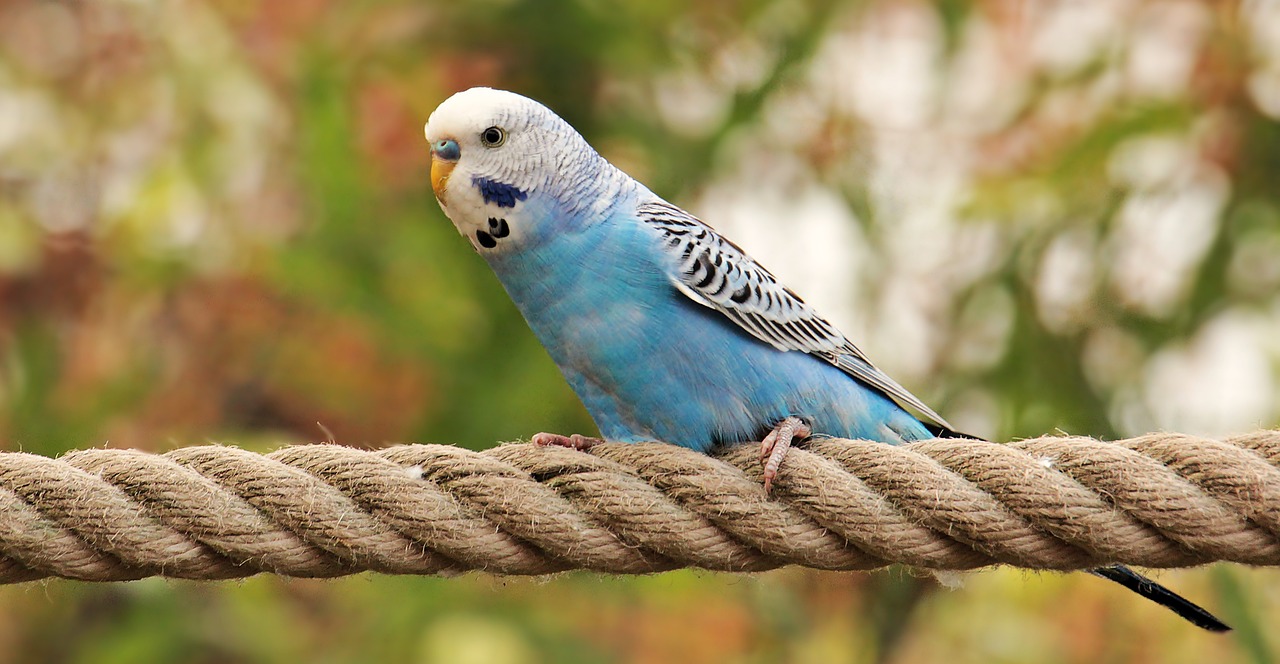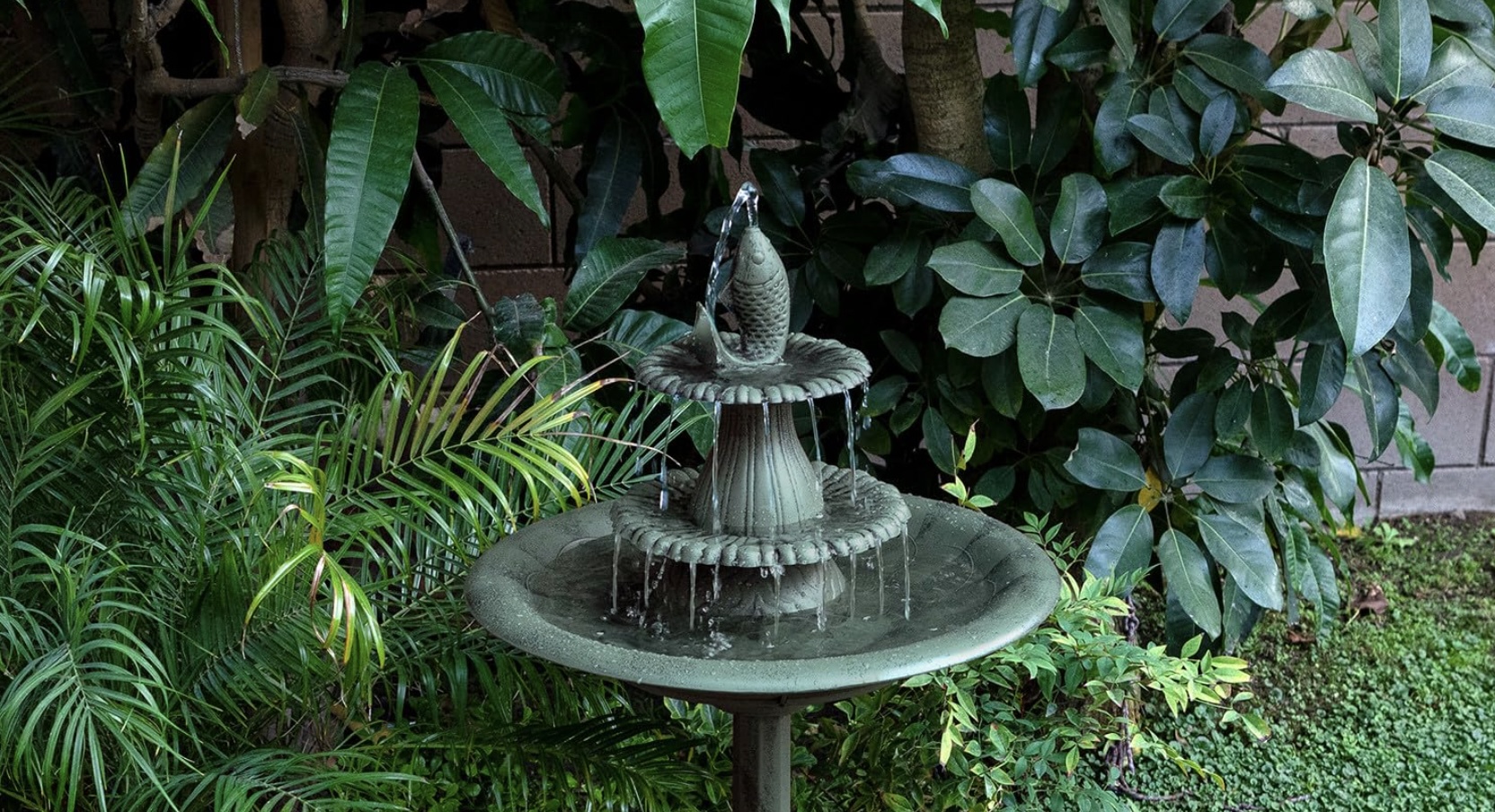When venturing into the world of bird ownership, there are several key insights that can significantly enhance the experience for both you and your feathered friend. Here are seven things that many wish they knew before becoming bird owners:
- Birds Require Social Interaction: Birds are incredibly social creatures. They thrive on interaction and can develop deep bonds with their owners. Neglecting social interaction can lead to behavioral issues and depression in birds. It’s vital to provide daily interaction through talking, playing, or training sessions.
- Lifespan Commitment: Many are unaware of the long lifespan of birds, particularly species like parrots, which can live for 50 years or more. Owning a bird is a long-term commitment, requiring a consideration of future life changes such as moves, family dynamics, and ongoing care responsibilities.
- Noise and Mess: Birds can be noisy, with some species known for their loud calls and vocalizations. Additionally, birds can create significant messes from feathers, food, and droppings. Regular cleaning and maintenance of their living space are crucial to keep a healthy and hygienic environment.
- Dietary Needs: A bird’s diet is more complex than just seeds or pellets. Many species require a variety of fresh fruits, vegetables, nuts, and specialized diets to stay healthy. Understanding nutritional needs and providing a balanced diet is critical to prevent malnutrition and obesity.
- Health Care: Birds hide illnesses well, and by the time symptoms are noticeable, they might be severely ill. Regular health check-ups with an avian veterinarian are essential, along with understanding common signs of illness. Emergency preparedness for health issues is also a must.
- Environmental Enrichment: Birds are intelligent and require mental stimulation to prevent boredom and destructive behaviors. This includes toys, puzzles, and opportunities for flight and exploration. The environment should be safe, stimulating, and regularly updated to provide new challenges.
- Legal and Ethical Considerations: It’s important to research and comply with local laws regarding bird ownership, including any bans or regulations on specific species. Additionally, understanding the ethical implications of owning a bird, particularly concerns around wild capture and breeding, is vital. Ensuring your bird is sourced from a reputable and ethical breeder or rescue is a part of responsible ownership.
Before diving into bird ownership, thorough research and preparation are essential. Understanding these key aspects can lead to a more fulfilling and responsible relationship with your feathered companion. Whether it’s the daily joys of interaction or the commitment to their care, being informed is the first step to becoming a successful bird owner.



